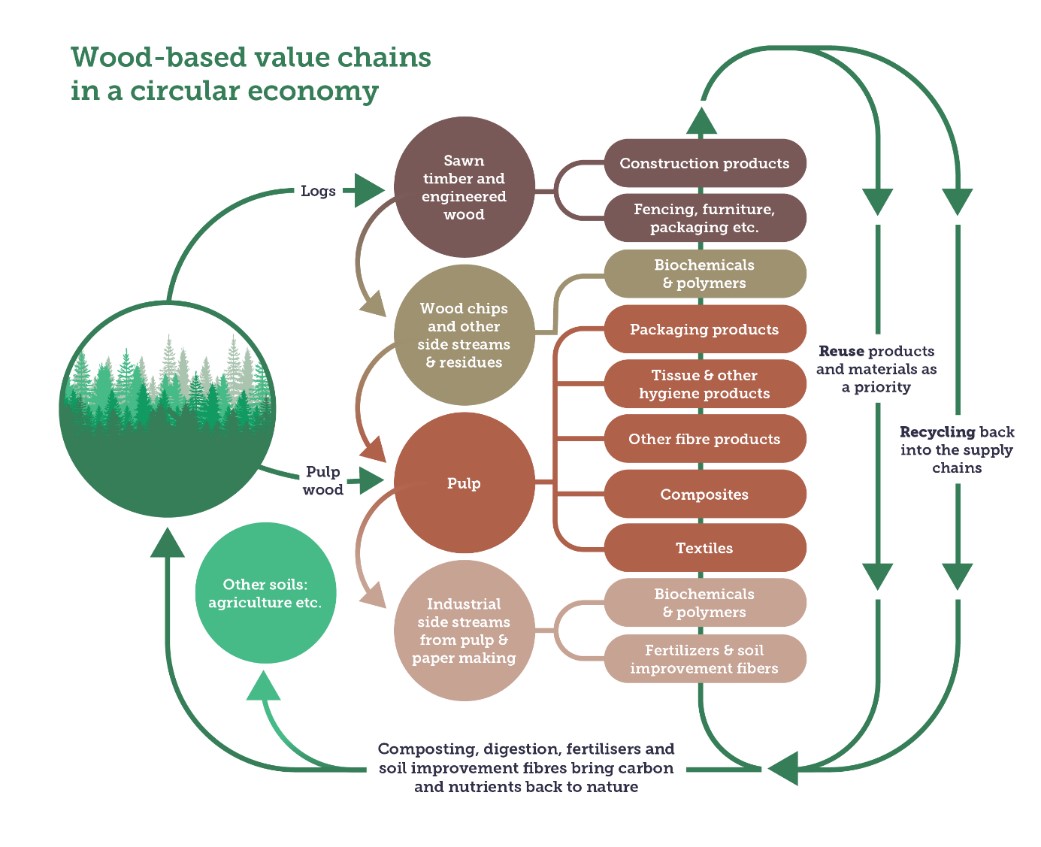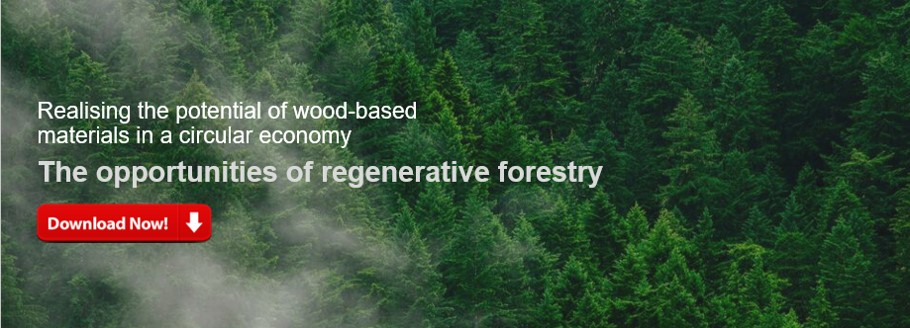- รู้จักเอสซีจีซี
-
สินค้าและโซลูชัน
- เอสซีจีซี กรีนพอลิเมอร์
- เอสซีจีซี โซลูชันส์
- ชนิดของผลิตภัณฑ์
- เกรดทั้งหมด
- ออกแบบผลิตภัณฑ์
-
Product and Technology Brand
-
WINDSOR
-
WINDSORWINDSOR ผู้นำระบบประตูหน้าต่างไวนิลสูตรพิเศษ ที่พัฒนาขึ้นมาเพื่อตอบโจทย์การอยู่อาศัยของคนไทยโดยเฉพาะ ประสบการณ์มากกว่า 40 ปีอ่านเพิ่มเติม
-
-
Varogard
-
Varogardดูแลสุขภาพและความเป็นอยู่ที่ดีด้วย VAROGARD ชุดผลิตภัณฑ์ป้องกันเชื้อโรค ที่ช่วยเพิ่มความมั่นใจในการใช้ชีวิตให้กับคุณ และทุกคนที่คุณรักอ่านเพิ่มเติม
-
-
SMX™ Technology
-
SMX™ TechnologySMX™ Technology เทคโนโลยีจาก SCGC ที่ทำให้เม็ดพลาสติก HDPE แข็งแรงขึ้น ลดการใช้เม็ดพลาสติกลงในการผลิตอ่านเพิ่มเติม
-
-
Shinkolite
-
ShinkoliteShinkoLite แผ่นอะคริลิกโปร่งแสงรักษ์โลก คุณภาพระดับพรีเมี่ยม ทนทุกสภาวะ ตอบโจทย์ทุกการใช้งานอ่านเพิ่มเติม
-
-
SCGC Floating Solar Solutions
-
SCGC Floating Solar SolutionsSCGC Floating Solar Solutions ทุ่นลอยน้ำและระบบยึดโยงสำหรับติดตั้งแผงโซลาร์เซลล์รายแรกของไทย ตอบโจทย์พลังงานสะอาด เป็นมิตรกับสิ่งแวดล้อมอ่านเพิ่มเติม
-
-
i2P Center
-
i2P Centeri2P Center 'Ideas to Products' ศูนย์นวัตกรรมจาก SCGC ช่วยคุณค้นหาโอกาสทางธุรกิจแห่งอนาคต และขับเคลื่อนไอเดียเพื่อสร้างสรรค์นวัตกรรมที่ตอบโจทย์ความต้องการผู้บริโภคยุคใหม่อ่านเพิ่มเติม
-
-
elixir™
-
elixir™เอลิเซอร์ (elixir™) นวัตกรรมพอลิเมอร์ชนิดพิเศษเพื่อการผลิตถังเก็บน้ำโดยเฉพาะ ผ่านการรับรองมาตรฐานระดับสากลทั้ง FDA, EU และ SAI Globalอ่านเพิ่มเติม
-
-
DRS by REPCO NEX
-
DRS by REPCO NEXยกระดับธุรกิจให้โตอย่างยั่งยืนด้วย DRS by REPCO NEX บริการด้านดิจิทัลโซลูชันอัจฉริยะสำหรับภาคอุตสาหกรรมครบวงจรรายแรกของโลกอ่านเพิ่มเติม
-
-
WINDSOR
- เรื่องราวความสำเร็จ
- นักลงทุนสัมพันธ์
- การพัฒนาอย่างยั่งยืน
- ชุมชนก้าวหน้า
- ข่าวและความเคลื่อนไหว








